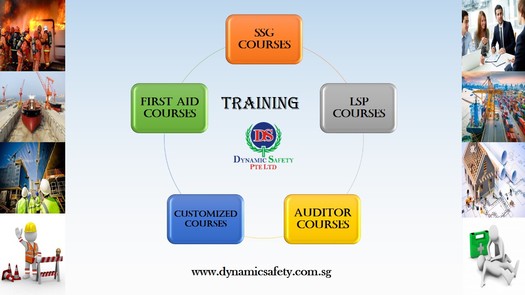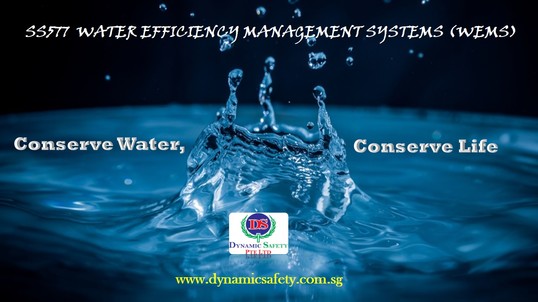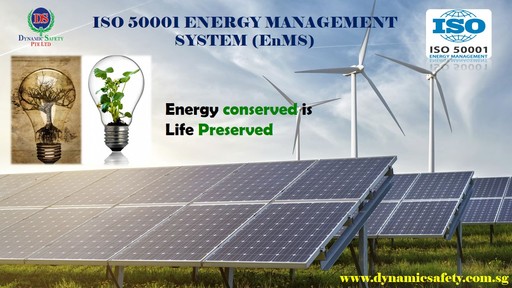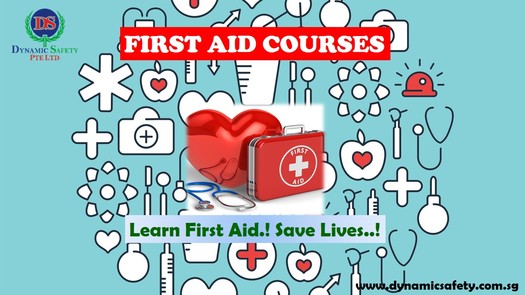



Blog

"Auditor Courses"
08-May-2023 17:55 PMWhy Internal Audit is Important? Provides Objective Insight Ensure Compliance with Laws and Regulations Improves Efficiency of Operations Evaluates Risks and Protects Assets Assesses Controls Dynamic Safety Pte Ltd is a well known accredited training provider for your Quality, Environmental, Health, and Safety Needs. We are a Learning Service Provider accredited
Read More
"TRAINING COURSES"
08-May-2023 17:54 PMDynamic safety offering some training courses related to your working environment, Training Categories: SSG Courses LSP Courses Auditor Courses First Aid Courses Customized Courses Dynamic Safety Pte Ltd is a well known accredited training provider for your Quality, Environmental, Health, and Safety Needs. We are a Learning Service Provider accred
Read More
"SS577 WATER EFFICIENCY MANAGEMENT SYSTEMS (WEMS)"
08-May-2023 17:52 PMWATER EFFICIENCY MANAGEMENT SYSTEMS (WEMS) The Singapore Standard SS 577:2012 is the national standard on water efficiency management systems, jointly launched by the Singapore Standards Council and PUB, the national water agency. The standard, the first of its kind in the world, provides organizations with a framework and a set of guidelines to put in place policies, systems and process
Read More
"ISO 50001-ENERGY MANAGEMENT SYSTEM (EnMS)"
08-May-2023 17:47 PMENERGY MANAGEMENT SYSTEM (EnMS) With the development of an EnMS, organizations can save money and at the same time help conserve resources and tackle climate change through efficient energy use. Based on the management system model of continual improvement, ISO 50001:2018 is also used for other standards such as ISO 9001 or ISO 14001. This makes integrating energy management into efforts for imp
Read More
"FOOD SAFETY MANAGEMENT SYSTEMS"
08-May-2023 17:53 PMWhat is a Food Safety Management System? A FSMS is a systematic approach to controlling food safety hazards within a food business in order to ensure that food is safe to eat. All businesses are required to put in place, implement and maintain a FSMS based on the principles of Hazard Analysis Critical Control Point (HACCP). Why it is needed? ISO 22000:2018 gives the requirements for a
Read More
" First Aid Courses"
08-May-2023 17:45 PMFor what reason is First Aid Important? First Aid Course is important for both you as the individual and for your locale. It empowers you to help people who wind up harmed in case of an accident or crisis circumstance until the point when help arrives. First aid skill can be connected in the home, the work environment or out in the open areas, subsequently, the more First Aid confirmed individual
Read More
